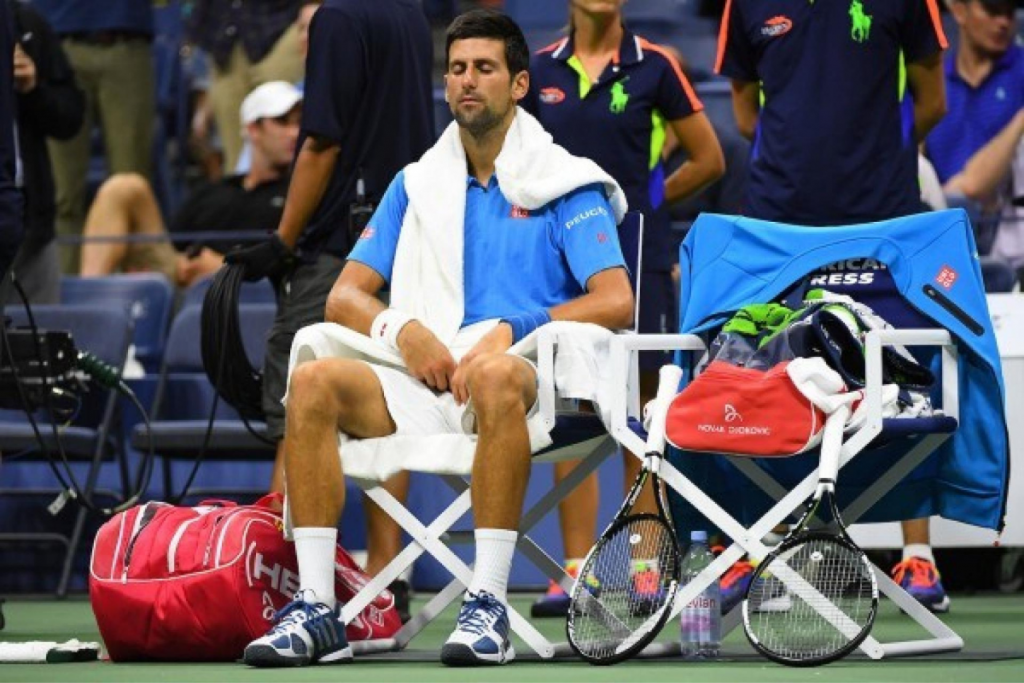Meditation is an ancient practice now utilised by athletes and professional sports teams and has been repeatedly shown to improve sporting performance. It may also be just what you need to improve your own performance. In sport, meditation and mindfulness-based interventions have been adopted to enhance focus, reduce anxiety, and improve mental resilience leading to better overall performance and consistent results in high-pressure situations.
World class athletes and teams routinely highlight meditation as a key component of their success. LeBron James uses meditation to maintain awareness, composure and resilience, stating this has contributed to his four NBA championships and four MVP awards. The Seattle Seahawks, under coach Pete Carroll, practice mindfulness to enhance team cohesion and performance, with many players attributing it to their success as Super Bowl XLVIII victors. Moreover, tennis player Novak Djokovic credits meditation for contributing to his problem solving and resilience on court, allowing him to achieve 428 weeks ranked at number one in the world, the most of all time.
The effects of meditation on athletic performance
There are a multitude of meditation and mindfulness-based interventions (MBIs) used to improve athletic performance. A recent meta-analysis and systematic review of existing research by Wang et al examines some of the techniques used by athletes and highlights some of their benefits:
- MBIs are Consistently Effective “Consistent results were observed in the included studies, showing significant improvements in sport performance following MBIs.”
- Increased Performance Under Pressure: “15 min of mindfulness intervention was effective in promoting participants’ first free-throw performance under a stressful setting”. This suggests that even short, focused mindfulness sessions can help athletes perform better under pressure.
- Decreased Competition Stress: Mindfulness Meditation Therapy (MMT) decreased pre-competition stress and enhanced shooting performance in elite shooters.
- Enhanced Enjoyment of Sport: A six-week self-reflection and self-satisfaction intervention significantly increased “self-rated sport performance” in university athletes. The 90-minute weekly sessions helped athletes perceive their performance more positively and perform better overall. Participants reported “greater sport enjoyment, less negative internal states of current sport performance, and greater improvements in satisfaction with sport performance”.
A similar meta-analytical study on the effectiveness of mindfulness interventions on an athlete’s performance by X. Si et al supports the positive impacts of meditation and MBIs:
- Enhanced Pressure Management: Mindfulness helps manage internal and external pressure by enhancing the ability to “self-regulate the physiological and psychological state”.
- Increased Positive Emotions: The research describes that “positive emotions gradually enhanced” through the use of mindfulness practice. When these positive feelings are sustained, individuals become more motivated to continue competing and training, therefore enabling them to develop their skills.
- Enhanced Focus: Mindfulness helps athletes focus on the “current sports task,” allowing them to “ignore factors unrelated to the game” and “temporarily forget the anxiety, pressure and other factors,” that may otherwise taint their results.
- Increased Self-Belief: Higher levels of mindfulness are associated with “higher levels of self-efficacy and team efficacy belief,” Enhanced self-confidence and trust in one’s team is key to enhancing performance.
What are the key takeaways for me?
The key takeaway is that developing a simple meditation routine is worth your time and effort. There are many ways to get started but we always recommend starting with something small and manageable – ie a simple 5 minute practice at a time of the day that suits your weekly schedule. We’ve also highlighted below some of the other key takeaways from the successful mindfulness techniques identified in the research above:
Observe, Accept, and Detach from Thoughts: Notice and accept your thoughts without judgement to understand their impact. Practice detachment from any unhelpful thoughts to maintain focus. This helps build emotional resilience and mental stamina.
Align Actions with Values: Focus on actions that reflect your core values to boost motivation and commitment. This ensures your efforts are purpose-driven and enhance overall performance.
Practise Mindful Breathing and Body Awareness: Use deep breathing exercises to manage stress, while using body scan meditation to improve mind and body awareness. This combination improves relaxation and focus.
Set Process Goals and Focused Attention: Concentrate on actionable steps rather than outcomes, and train attention on single tasks. This approach maintains focus on controllable aspects and improves overall effectiveness.
Mindful Movement: Incorporate practices like yoga for body, breathing and attention control.
Emotional Acceptance and Reflection: Acknowledge and accept your emotions to improve their regulation. This enhances self-awareness and helps in developing better strategies for emotional and performance management.
Sources
Wang, Y., Lei, S. M., & Fan, J. (2023). Effects of Mindfulness-Based Interventions on Promoting Athletic Performance and Related Factors among Athletes: A Systematic Review and Meta-Analysis of Randomised Controlled Trial. International journal of environmental research and public health, 20(3), 2038. https://doi.org/10.3390/ijerph20032038
Si, X. W., Yang, Z. K., & Feng, X. (2024). A meta-analysis of the intervention effect of mindfulness training on athletes’ performance. Frontiers in psychology, 15, 1375608. https://doi.org/10.3389/fpsyg.2024.1375608



